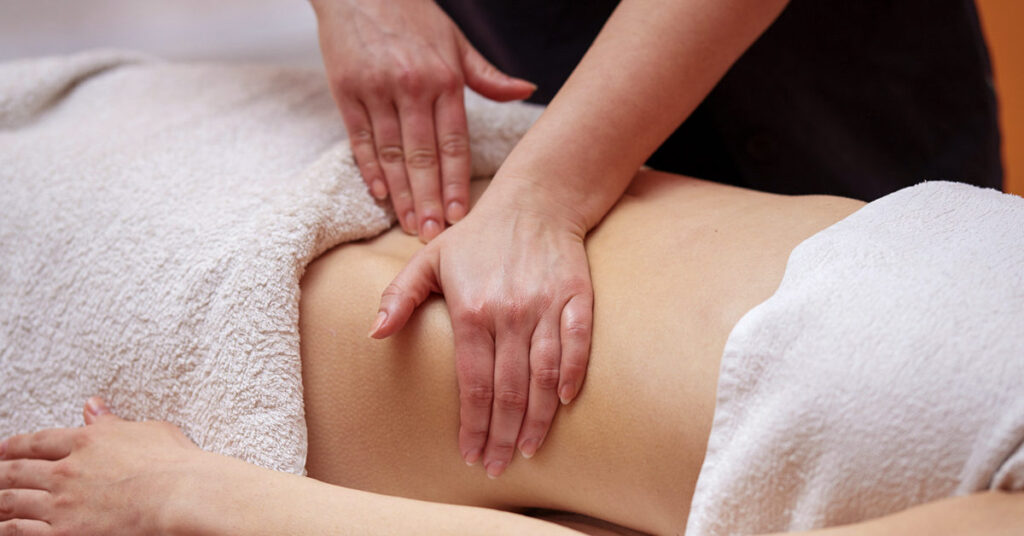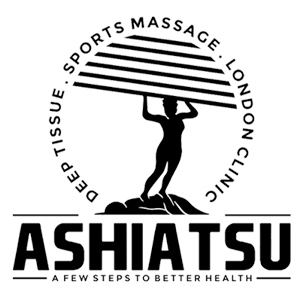Massage can help with pain relief, relaxation, lowering stress and anxiety, and controlling blood pressure. The American Cancer Society tells some cancer patients to get massages, and the Touch Research Institute often publishes clinical trials that back up this advice. Unfortunately, you should know massage therapy’s risks before enjoying its benefits.
Clumps Of Blood:
The American Massage Therapy Association (AMTA) tells massage therapists that massaging someone with high blood pressure can be dangerous. A massage’s pressure could cause the plaque to break, letting blood clots into the body. Even though it doesn’t happen very often, blood clots can reach the heart or brain.
Patients are at a greater risk for complications if they have deep vein thrombosis (DVT), a condition that increases the likelihood of blood clots forming in the deep veins. The Mayo Clinic says that people with DVT often don’t know they have it. Massage makes it much more likely that a blood clot will break up and travel to the lungs.

Nerve Damage:
Some types of massage, like deep tissue massage and rolfing, require the massage therapist to put pressure on the muscles and connective tissues below the skin. A client may have temporary nerve damage if an untrained therapist applies too much pressure or if a trained therapist does not get enough information from the patient.
Skin diseases that are spread by bugs:
Several skin diseases that can spread from client to massage therapist can happen if the massage therapist does not know about the outbreak. Some of these are ringworm, herpes, and cold sores. A massage therapist might accidentally spread the infection from one part of the client’s body to another, like how warts do.
When it’s best not to get a massage:
Some medical conditions may make it more likely that massage will cause unpleasant side effects. Some of these are cancer, broken or fractured bones, blood clots, burns, lesions, osteoporosis, arthritis, unexplained aches, skin rashes, and infectious skin diseases. Before getting a massage, you should talk to your doctor if you have any of these conditions or a severe illness. Many massage therapists have taken extra classes to learn how to work with medical patients like cancer patients. These may be on the list from your doctor. You can ask the American Massage Therapy Association for a recommendation.
Massage therapists use deep tissue massage to help you become more flexible and improve your posture and range of motion. It gives you more range of motion, eases pain, and helps your blood flow. With all the benefits of deep tissue massage, it may be hard to accept that sometimes it’s not a good idea. Deep tissue or any other type of massage can be dangerous for people with serious health problems like blood clots. If you have a blood clot in your leg, you should talk to your doctor before getting a deep tissue massage to avoid a potentially dangerous reaction.
Massage in depth:
The layers of connective tissue in the body are the focus of a deep tissue massage. Connective tissue covers each muscle, wraps around groups of muscle cells, and connects muscle cells to your bones. It also lines the skin and divides powers into groups that work together. The name of this type of massage comes from the fact that some of the tissues are deep in the body, not from the amount of pressure used to reach specific muscles. Deep tissue massage stretches the connective tissue layer by layer to get rid of all the tension in the deep layers of the body.
Blood clots are a common way that your body protects itself. After you get hurt, your blood’s platelets stick together and pull in red blood cells and fibers to make a blood clot. The goal is to stop the wound from bleeding and get it to start healing. Blood clots can also form in blood vessels that are swollen or blocked. Deep vein thrombosis can result from trauma, compromised veins, or prolonged sitting.

Risks:
If you get any massage over an area where there is a blood clot, not just deep tissue massage, you run the risk of the clot breaking off and traveling through your blood vessels to your heart or lungs, which could cause a potentially fatal heart attack or blocked artery. If you have a blood clot, you should never get a massage. Even if your blood clot has been treated, your doctor may not let you get a massage.
Expert Advice:
Because a blood clot can form in any vein, you shouldn’t get a deep tissue massage unless your doctor tells you to. Orthopedic Massage says that massage can cause damage to the lungs or heart by breaking up blood clots. Lastly, you should never get a massage if you have a blood clot or a medical emergency. Even after treatment, you may not be able to get a deep tissue massage because you will be taking blood thinners and may bruise easily.
If you need an additional information about Massage, Please kindly contact us.
Top Place for London Massage:
Deep Tissue Massage London – Ashiatsu
+44 7784 609599
London
Ashiatsumassagelondon


